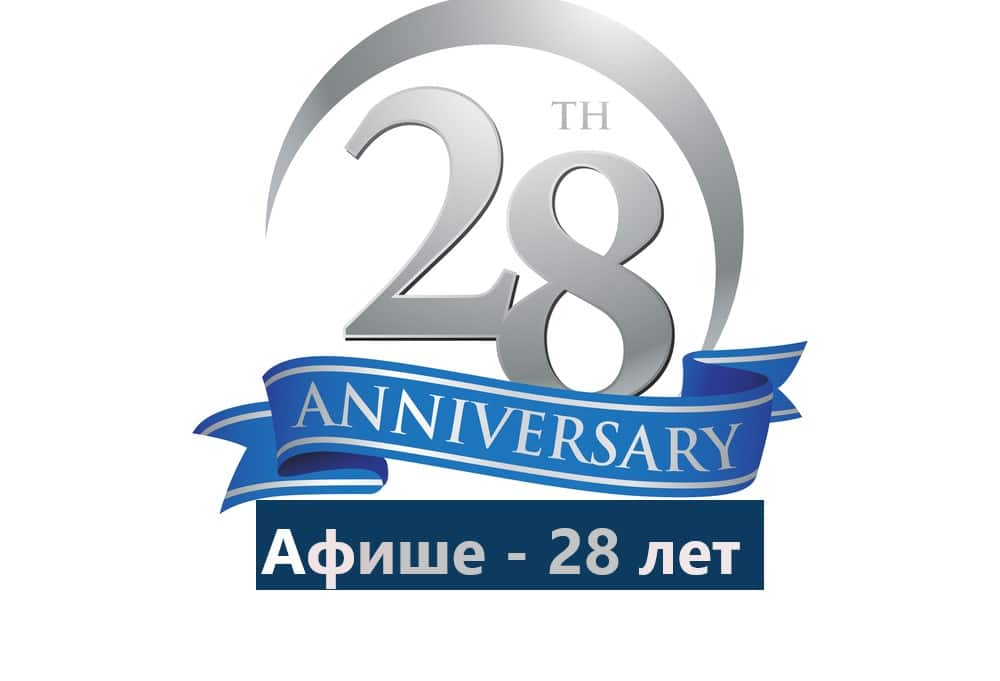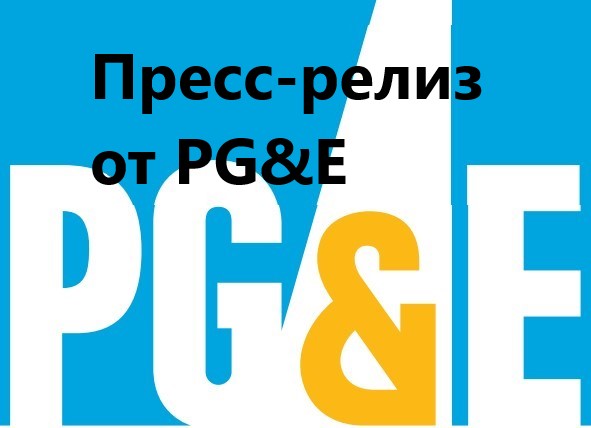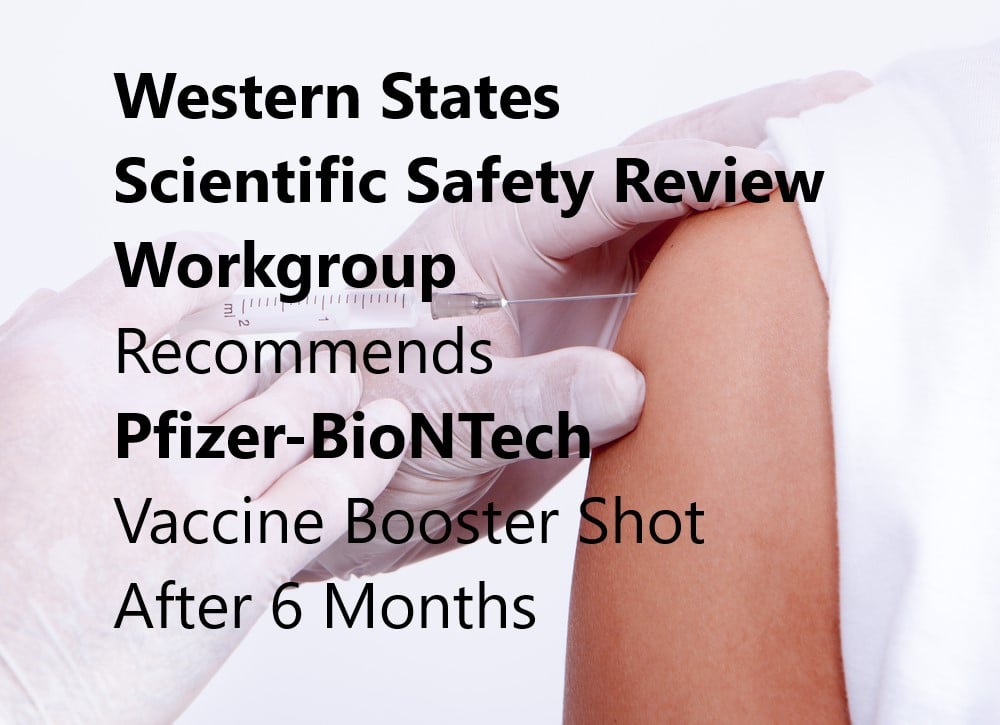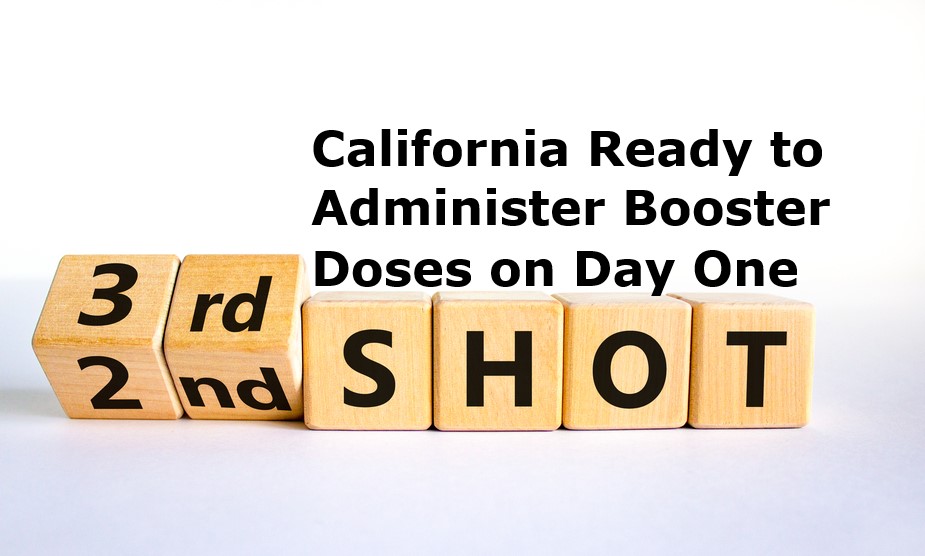На правах рекламы
Dr. Jay Yeh, Medical Director, Pediatric Echocardiography Laboratory, UC Davis Health
Whether or not kids should wear masks in school remains a heated topic with strong opinions on both sides. Adding to this conversation is the state’s latest masking guidance, which went into effect on March 12. Schools are no longer required to enforce a mask mandate and instead are maintaining masking as a strong recommendation to keep students, teachers and school staff safe. Some school districts have even chosen to continue to keep mask requirements in place, and masks continue to be mandatory in certain high-risk settings like healthcare facilities and public transit.
Despite the latest guidelines and varying views, many families are choosing to continue to mask up to protect themselves against COVID-19. While masking remains a key tool in protecting ourselves and our families against this deadly virus, as a doctor and parent myself, I think the big question to consider is: Have you and your kids been vaccinated yet?
The reality is, getting vaccinated offers the safest protection against contracting COVID-19. Children 5+ are eligible for vaccination, so if you have not yet done so, I strongly urge you to get your kids vaccinated today. And if they are 12+, make sure they get their booster when eligible.
Vaccines are overwhelmingly safe thanks to the rigorous safety trials that included people of different genders, ethnicities, ages and pre-existing conditions, as well as the ongoing efforts to monitor safety as millions of people receive the vaccine.
The pandemic is still here, and real-world evidence continues to show that the vaccine is preventing severe illness, hospitalization, and death. In fact, based on the latest data collected March 3, 2022, unvaccinated Californians are 17 times more likely to die and nearly nine times more likely to be hospitalized from COVID-19 than fully vaccinated and boosted Californians.
Generally, children may have lower rates of COVID-19 and are less likely to spread the virus than adults, but it is still possible for children to become severely ill and experience serious complications from the coronavirus. It’s simply not worth the risk. Children eligible for the vaccine should get vaccinated as soon as possible to significantly reduce their risk of becoming sick or spreading the virus to someone else, including younger children or older relatives in the home.
If your children are vaccinated and you feel better keeping them masked up, follow your instincts and know that you are not alone. As a health expert, I strongly recommend keeping kids masked up if they feel comfortable doing so. Masking in schools has been a successful strategy to keeping schools open and our kids in the classroom for a better learning environment. It’s worth noting that California represents only 1 percent of the nation’s school closures despite educating 12 percent of the nation’s students.
Safe in-person instruction is essential, particularly for vulnerable populations. It is important to take the necessary steps to ensure that there is low risk of catching COVID-19 in school for students and staff alike. We must remain vigilant and prepared to adjust with conditions of the virus. If transmissions increase again, be prepared for schools to follow public health guidance around COVID-19 mitigation efforts including testing.
We may be in a new phase of the pandemic, but COVID-19 remains a threat. Schedule a vaccination or booster appointment today at Myturn.ca.gov or by calling 833-422-4255. Support is available in over 250 languages via the state’s vaccination hotline.
Take precautions to protect yourself against COVID-19 and keep your family, friends and community safe and healthy. Together, we will end the pandemic.
###
Dr. Yeh is a board-certified pediatric cardiologist with advanced training in echocardiography. He specializes in diagnosis and treatment of congenital and acquired heart disease. He cares for a wide spectrum of patients ranging from newborns to adults with congenital heart disease. He has special clinical interest in pre-operative and post-operative care for congenital heart defects.





